About Anxiety & Depression
In the US,1 in 8 children has an anxiety disorder and 9.7% of youth have major depression. The National Institute of Mental Health defines suicide as a major public health concern and it is the second leading cause of death among 10-34 year-olds in the US. Recent research reveals that even preschool children can experience anxiety or depression.
While it’s difficult to pinpoint a single cause, anxiety and depression can be rooted in biology, genetics and personality and also complicated by environmental factors. Depression and suicidality often co-occur. Suicidality is one possible symptom of depression. Anxiety and depression are also often linked to ADHD, Learning Differences or Autism.
If you or someone you know is in crisis, call 800.273.8255 or text BAY to 741-741.
If you have not struggled with depression or anxiety, it may be difficult to understand your child’s reactions, particularly if you have other children with no issues in these areas. You are not alone. Many parents are tempted to wait with the hope that this is something your child will outgrow. However, acting early will alleviate stress for you and your child, and your child can learn to tackle the issues in a healthy way and develop lifelong tools for success with friends and build resilience in school, at home and in life. If you have concerns, please reach out to our Care Coordinators at 650.688.3625.
Anxiety & Depression Signs to Watch For
If you observe these signs on an ongoing basis, it may be time to reach out to our Care Team.
- Difficulty sleeping or concentrating
- Crankiness
- Excessive worrying or feeling worthless
- Fatigue
- Frequent bouts of sadness or crying
- Withdrawing from friends and activities
- Mood swings
- Feeling frightened
- Changes in sleep or appetite
Diagnosing Anxiety & Depression
Early intervention is critical, so if you are concerned that something just isn’t right, please reach out to our Care Team. Our evaluations are confidential and comprehensive and help get to the root of the issue. Specially-trained compassionate experts listen to your concerns and provide you with services to support you and your child. We take you from where you are and work together to help get things back on track.
How CHC helps with Anxiety & Depression
We offer expert evaluations and therapy, a personalized approach through our clinics and schools. Financial assistance is available.
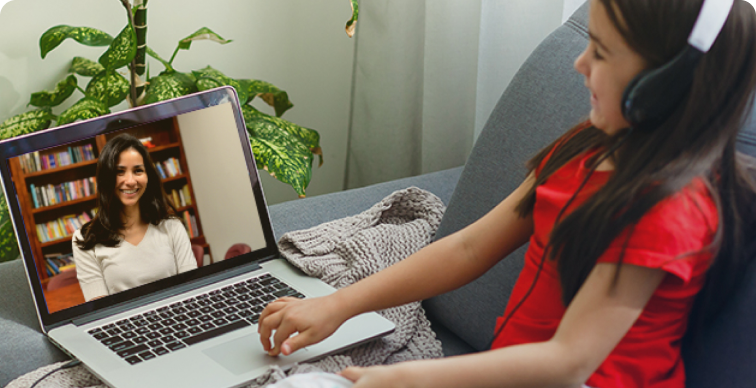

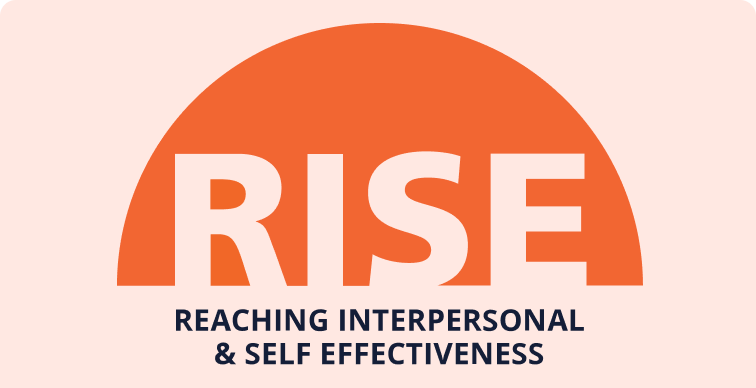
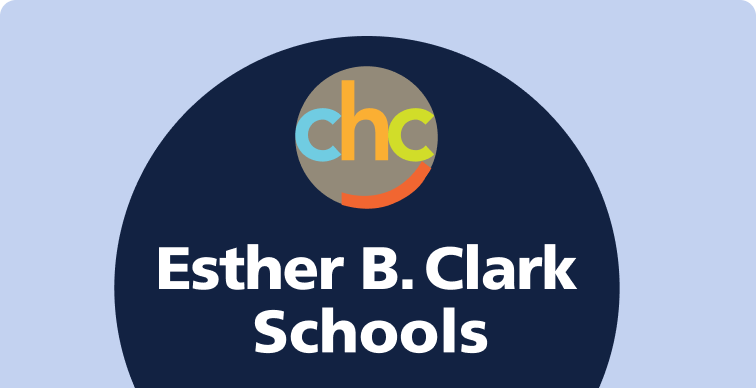
Esther B. Clark Schools
Where lives are transformed. EBC Campuses in Palo Alto & San Jose
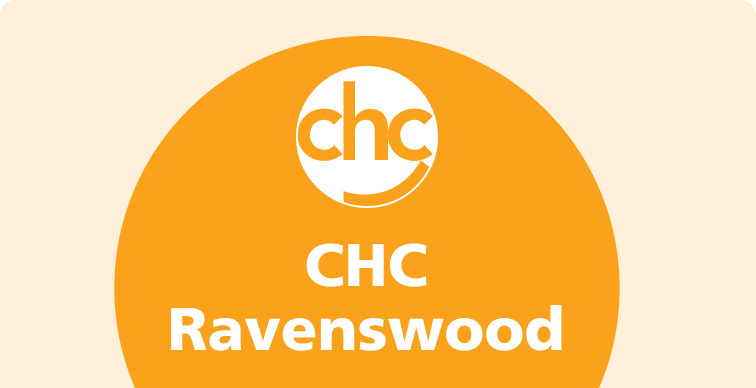

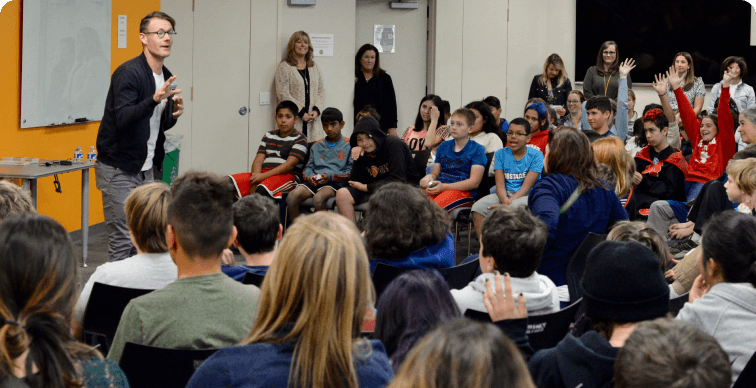

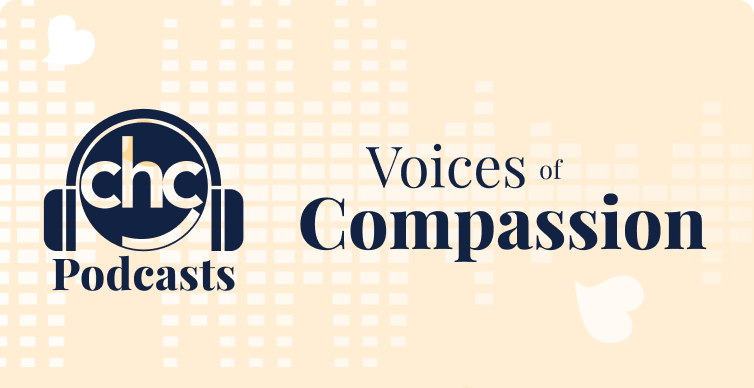
CHC’s Approach to Treating Anxiety & Depression
Our CHC experts work every day with individuals who experience anxiety and depression. CHC Clinical services has a full staff of mental health professionals (a large percentage of whom are bilingual/multicultural) who can help with evaluation and therapy plans, including special programs for teens and an Intensive Outpatient Program (IOP). Esther B. Clark School is specially designed for children with emotional and behavioral issues stemming from anxiety, depression and learning challenges. We prioritize traditionally underserved families with our Ravenswood programs. Free Community Education programs and podcasts help families learn to recognize signs of depression and we provide a robust array of information in the online Resource Library. Financial assistance is available and we accept Medi-Cal insurance.
CHC Specialists Who Work with Anxiety & Depression
- Psychologists
- Psychiatrists
- Marriage and Family Therapists
- Clinical Social Workers
- Learning Specialists
- Speech-Language Pathologists
- Occupational Therapists
Ready to find answers?
Contact a Care Coordinator today to review options and schedule an appointment.
Featured Resources
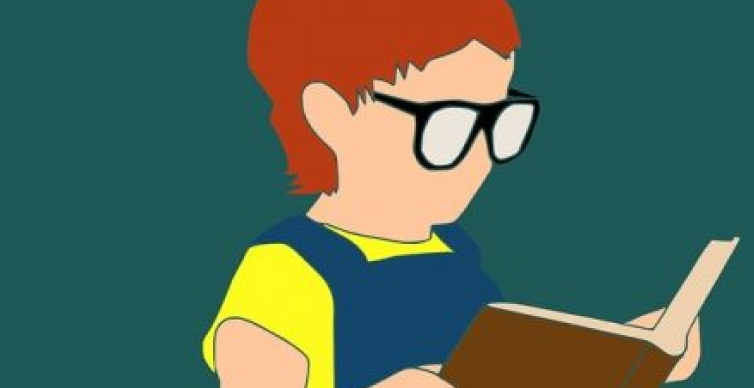
2020 was — to borrow a phrase from a popular kid’s book — a terrible, horrible, no good, very bad year. And for parents, one of the year’s hardest jobs was trying to explain current events to young kids.
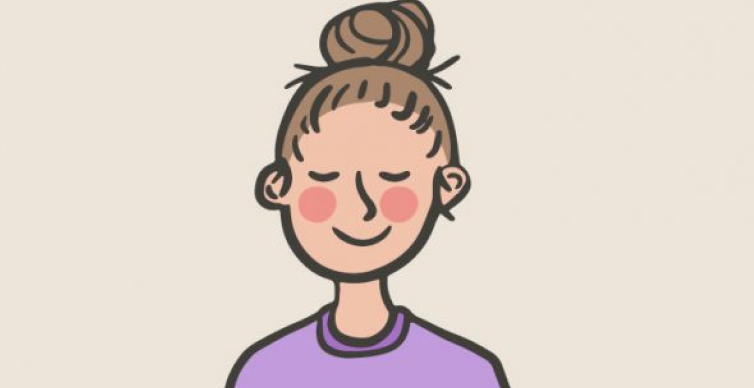
Our lives have been turned upside down by a global pandemic. Many of us find the current political and social climate to be a significant source of stress as well. If you’re feeling anxious and overwhelmed, you’re not alone.
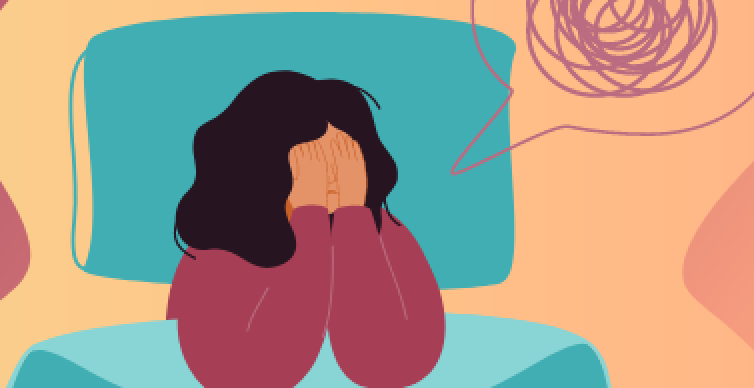
Feeling overwhelmed? Read this fact sheet to learn whether it’s stress or anxiety, and what you can do to cope.
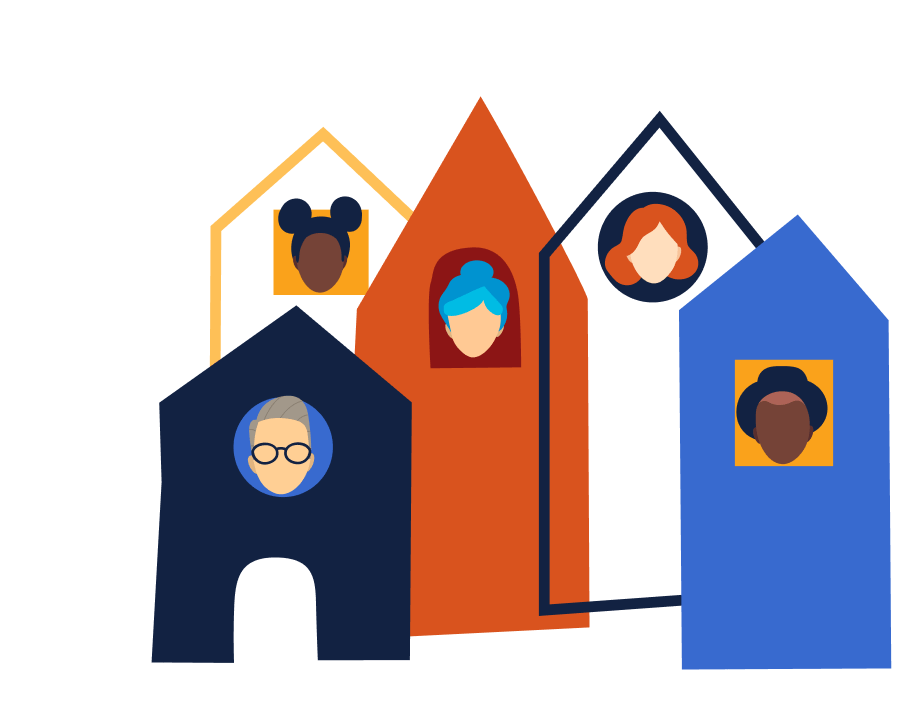
It takes a village.
Sign up for the CHC Virtual Village to receive weekly email updates about news, events and resources related to your interests.


